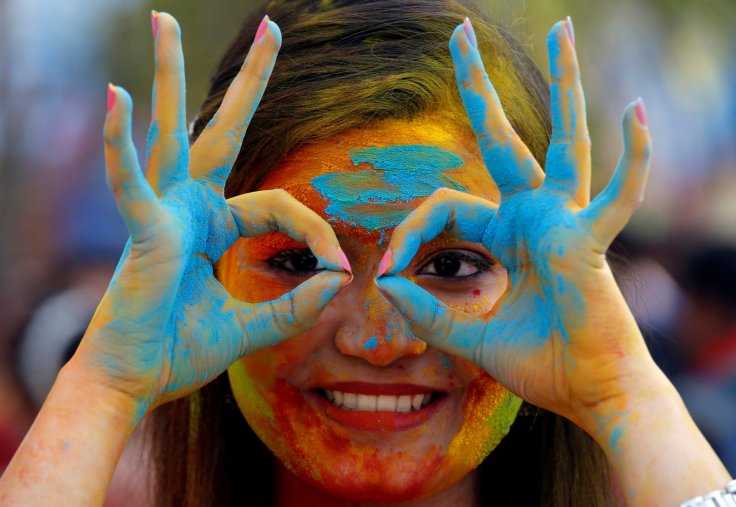
A new study report published in the Journal of Personality and Social Psychology has revealed that the financial status of people will reflect on their faces, and others can easily make out whether you are financially healthy or not just with your looks.
The study conducted by researchers including graduate students at the University of Toronto found that people who are financially settled often lead a peaceful life, and this happiness often reflects in their face.
Your face is your mirror
"The relationship between well-being and social class has been demonstrated by previous research. These well-being differences are actually reflected in people's faces," said R. Thora Bjornsdottir, a graduate student at the University of Toronto, CNBC reports.
During the research, Thora Bjorsdottir and her co-author Nicholas O Rule, a psychology professor made use of 160 greyscale photographs to determine whether subjects were able to differentiate the financial state of these people just with their looks.
The 160 people comprised of 80 white males and 80 females, and none of them had tattoos and piercings on their faces. Half of the people in the photos earned an average annual salary of more than $1,50,000, a group the researchers classified as the upper class, while the remaining people were the working class who earned under $35,000.
Later, the subjects were asked to guess the class of people in the photos, and interestingly, they answered correctly 68 percent of the time.
Even though the subjects correctly guessed the financial status of people by looking at their looks, they are still not clear how they made the judgments correctly.
"People are not really aware of what cues they are using when they make these judgments. If you ask them why, they don't know. They are not aware of how they are doing this," told Bjorsdottir to the University of Toronto.
Nicholas Rule, the study's co-author told the University of Toronto that the next step in this research will be conducted on older age people to determine whether the facial clues became more evident in people over the course of time.









